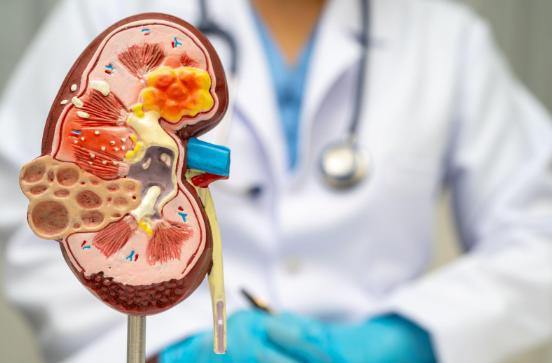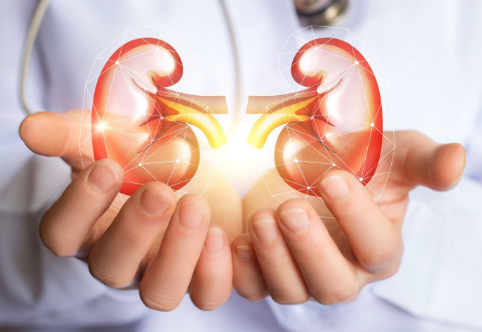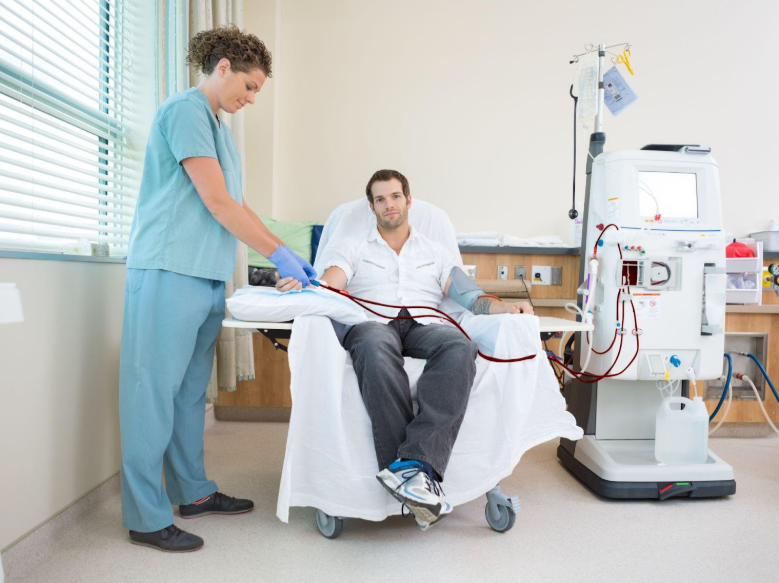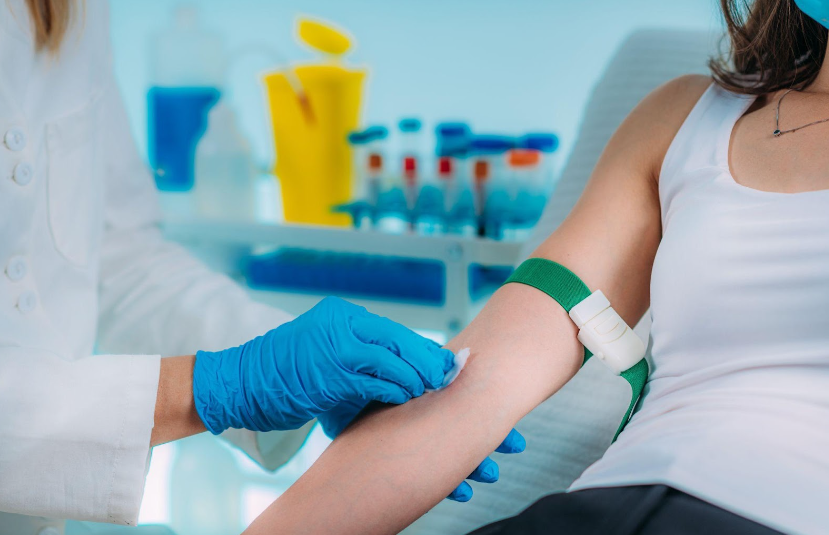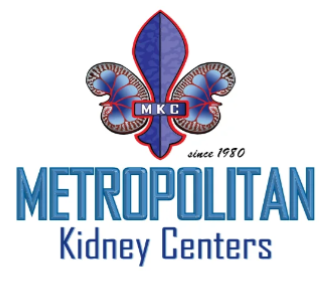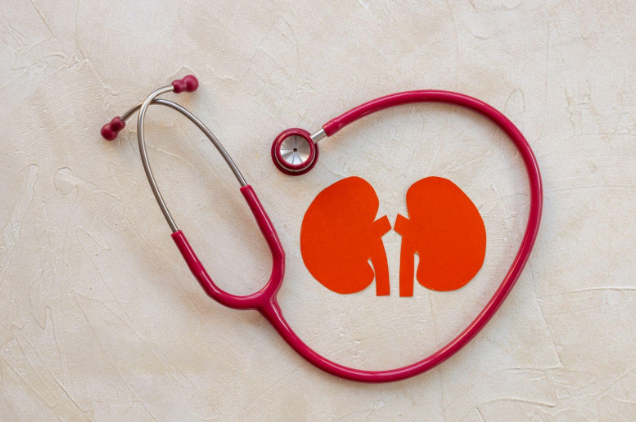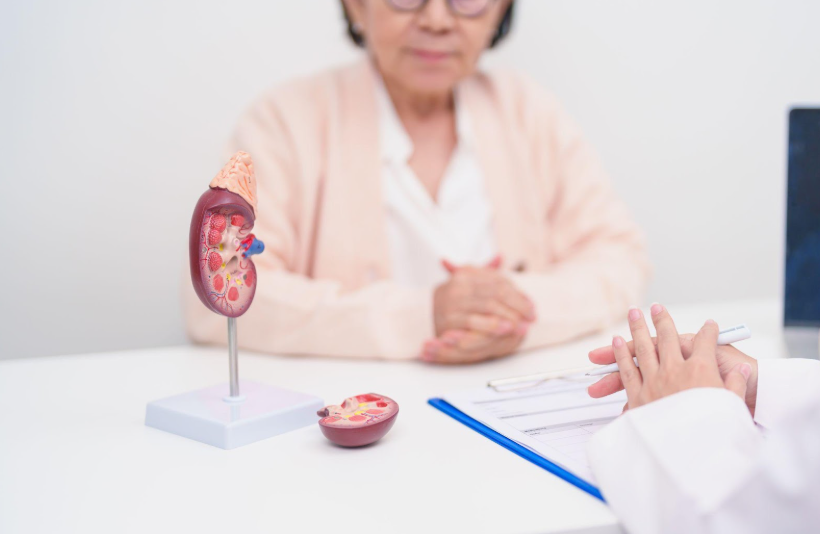Early Detection and Management Strategies for Chronic Kidney Disease (CKD)

Your kidneys might not be the first thing on your mind when it comes to health, but these bean-shaped organs play a crucial role in keeping your body in balance. Chronic Kidney Disease (CKD) is a silent threat that often goes unnoticed until it reaches advanced stages. However, with early detection and proactive management, you can safeguard your kidney health and maintain a high quality of life. Read on to explore the importance of early detection and learn practical strategies for managing CKD.
What Is Chronic Kidney Disease?
Chronic Kidney Disease (CKD) is a condition where the kidneys, essential organs for filtering waste and excess fluids from the blood, gradually lose their functionality. Unlike acute kidney injury, CKD develops over an extended period of time, often without noticeable symptoms in its early stages.
The primary function of the kidneys is to maintain the body's internal balance. They filter blood, removing waste products and excess fluids, which are then excreted as urine. Additionally, the kidneys play a part in regulating blood pressure, producing red blood cells, and managing electrolyte levels.
The Five Stages of CKD
CKD is typically categorized into five stages, ranging from Stage 1 (mild) to Stage 5 (end-stage renal disease). The progression of CKD is marked by a gradual decline in the ability of the kidneys to perform vital functions. Various factors can contribute to the development of CKD, with diabetes and high blood pressure being the leading causes. Other risk factors include a family history of kidney disease, age, and ethnicity.
In the early stages of CKD, individuals may not experience noticeable symptoms, making it challenging to detect. As the disease advances, symptoms like fatigue, swelling, changes in urine output, and difficulty concentrating may become apparent. However, relying solely on symptoms for diagnosis is insufficient, underscoring the importance of regular screenings, especially for those with risk factors.
The First Line of Defense
The key to effectively managing CKD lies in early detection, which can be done through routine blood and urine tests. Regular health check-ups, including simple blood and urine tests, can provide valuable insights into your kidney function, which can then let your healthcare providers implement strategies to slow down the progression of CKD. Blood and urine tests measure creatinine levels, glomerular filtration rate (GFR), and the presence of protein in the urine, all of which are crucial indicators of kidney health.
Don't wait for symptoms to manifest; be proactive in scheduling routine check-ups, especially if you have risk factors like diabetes, high blood pressure, or a family history of kidney disease. Catching CKD in its early stages significantly increases the chances of slowing down or halting its progression.
Management Strategies for Chronic Kidney Disease
If you receive a CKD diagnosis, it's not the end of the road. There are several strategies and lifestyle changes you can adopt to manage the condition and preserve your kidney function. Try the following:
Keep Control of Your Blood Pressure
High blood pressure is a leading cause of CKD and can accelerate its progression. Keeping your blood pressure within a healthy range, therefore, helps preserve kidney function. Work closely with your healthcare provider to establish an appropriate target and explore lifestyle changes, such as a low-sodium diet, regular exercise, and stress management techniques.
Manage Diabetes
For individuals with diabetes, effective blood sugar control is also key to helping with CKD. Uncontrolled diabetes can damage the kidneys over time, leading to CKD, and the damage can get worse depending on how out of control the diabetes gets. Monitor your blood sugar levels regularly, adhere to your prescribed medications, and embrace a diabetes-friendly lifestyle, including a balanced diet and regular physical activity.
Adopt a Kidney-Friendly Diet
You know what they say? You are what you eat! A kidney-friendly diet involves limiting the intake of certain nutrients, such as sodium, phosphorus, and potassium. Get a personalized nutrition plan that suits your specific needs and helps alleviate the burden on your kidneys. Kidney-friendly diets can still be very tasty, all the while making it easier for your kidneys to function.
Stay Hydrated
Water helps flush out toxins from the body and ensures that your kidneys can perform their filtration function optimally, so make sure you drink a good amount of water each day. However, consult your healthcare provider for personalized recommendations based on your health status, as you might need a slightly higher amount of water each day than the usual amount.
Exercise Regularly
Regular physical activity benefits overall health and can also help manage CKD. Exercise helps control blood pressure, reduce stress, and improve cardiovascular health, which are all factors that contribute to kidney well-being. Remember to start small and build up your exercise naturally so that you don’t get burned out right at the beginning and lose interest.
Quit Smoking and Limit Alcohol
Smoking and excessive alcohol consumption can worsen kidney damage. Quitting smoking and moderating your alcohol intake will help preserve the health of your kidneys. Look into the different lines of support for both those trying to quit smoking and limit alcohol intake so that you don’t have to quit “cold turkey.”
Monitor Medication Use
Certain medications, including over-the-counter drugs, can have adverse effects on the kidneys. Always inform your healthcare provider about all the medications and supplements you are taking and follow their guidance regarding dosage and potential side effects.
Seek Emotional Support
Dealing with a chronic condition like CKD can take a toll on your emotional well-being. Seek support from friends and family or consider joining support groups where you can share experiences and gain insights from others facing similar challenges.
At
Metropolitan Kidney Centers, we offer support to patients and families alike.
Contact us for more information on our services or to
schedule a visit with us today.
